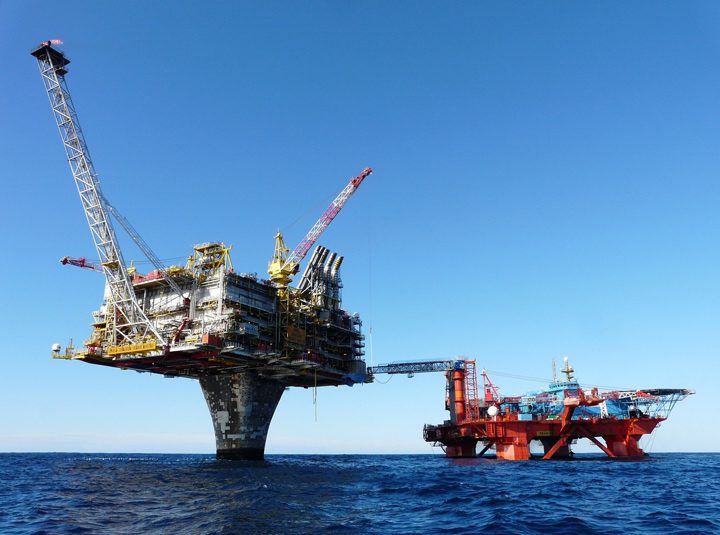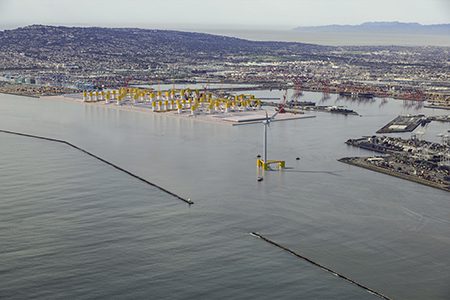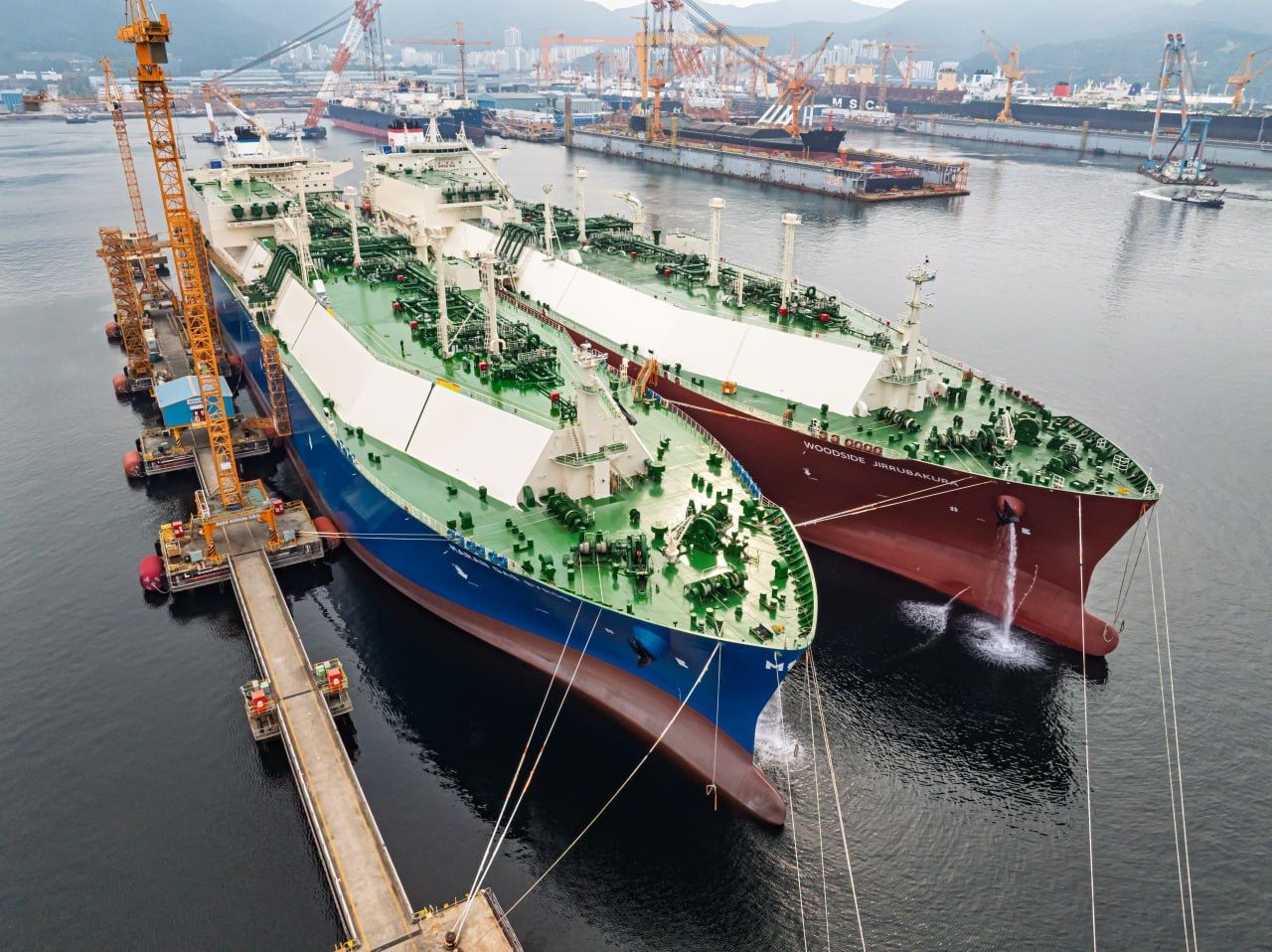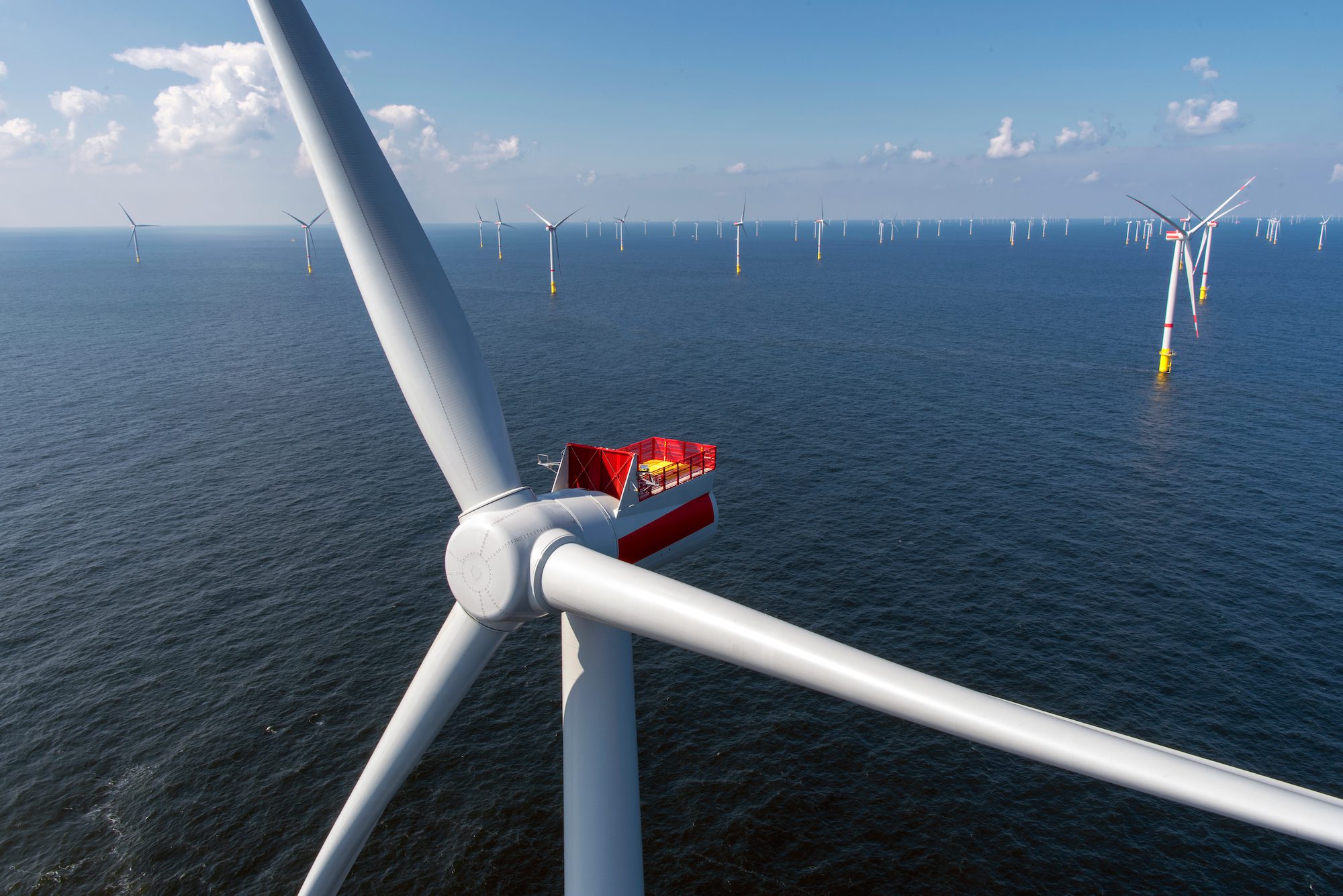Shell’s Draugen platform and Prosafe’s Regalia flotel offshore Norway in 2013. Image (c) Hans Saebo/Shell
Feb. 21 (Bloomberg) — Norwegian efforts to raise oil and gas recovery from its offshore fields are being jeopardized as higher taxes threaten $13 billion in planned drilling projects, according to an industry group.
The Conservative-led government’s proposal to shield some projects from the previous administration’s surprise tax rise increase last year is too narrow and could allow retroactive increases, the Norwegian Oil and Gas Association said yesterday. The lobby represents producers including Statoil ASA, BP Plc, Exxon Mobil Corp. and ConocoPhillips.
“It’s surprising and disappointing that the Finance Ministry proposes transition rules for the uplift reduction that will make increased recovery at producing fields more difficult,” the group said. Drilling programs valued at 80 billion kroner ($13 billion) “risk falling outside the transition scheme and thereby not being realized.”
The criticism comes after Norwegian Petroleum and Energy Minister Tord Lien this month said he would seek to attract more companies to help develop the resources of western Europe’s largest oil producer as state-controlled Statoil cuts spending. Norway gets almost a quarter of its economic output from oil and gas and has built a $830 billion sovereign wealth fund. Norway is seeking to keep up production, which has slid for 13 consecutive years as deposits in the North Sea dwindle.
Investment Delays
As part of a plan to cut corporate taxes, Norway’s previous Labor-led government last year unexpectedly decided to reduce the part of investments that oil companies are allowed to deduct from income, while keeping the taxation level in the petroleum sector at 78 percent. Oil companies have said the increase will be especially detrimental to increased-recovery projects at existing fields and marginal new developments.
Statoil, Norway’s biggest company, in June decided to delay its Arctic Johan Castberg oil project, citing the tax change, shelving the $15 billion development. Royal Dutch Shell Plc, meanwhile, put the development of the Linnorm gas field in the Norwegian Sea on hold.
Damages Competitiveness
While Norway’s government has ordered a report on the consequences of the tax increase and hasn’t ruled out a reversal, its proposed transition rules may lead to resources being left in the ground, Shell said in a response to the Finance Ministry. Though the increase from May isn’t meant to be retroactive, it could apply to new phases of projects started earlier, Shell said.
One example is the company’s Ormen Lange gas field, which supplies 20 percent of the U.K.’s demands and may need more compression facilities offshore, Shell said.
“The new law worsens the Norwegian shelf’s competitiveness,” the company said in the letter signed by its finance manager for Norway, Frank Rogne.
The transition will possibly also exclude Exxon’s Balder Phase 3 project, which has an estimated value of 5.4 billion kroner, that company said in a separate letter to the finance ministry. “We’re strongly disappointed,” the letter said. ministry. “We’re strongly disappointed,” the letter said.
The deadline for companies and other involved parties wishing to comment on the proposal is today.
– Mikael Holter, Copyright 2014 Bloomberg.

 Join The Club
Join The Club











